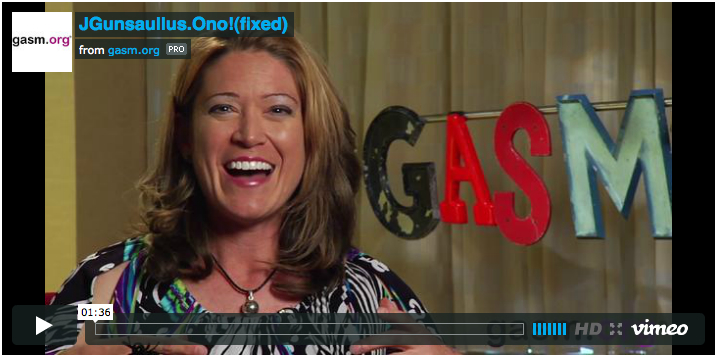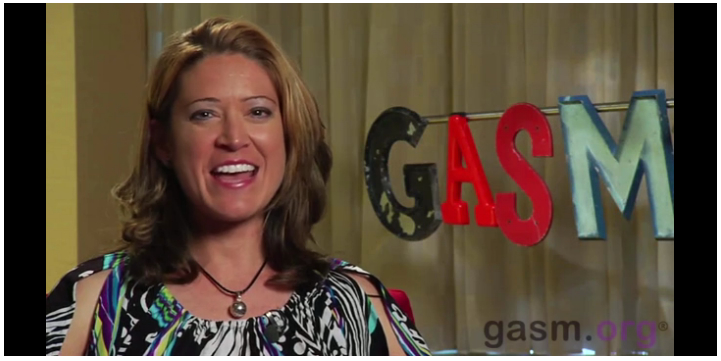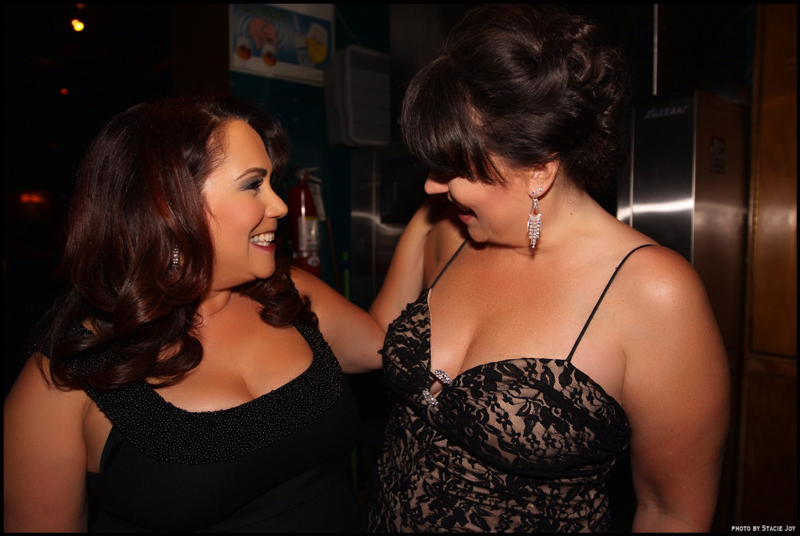From: http://www.cavemag.com/how-important-is-sex-to-a-relationship/Dear Dr. Jenn~
I think it’s hot to put a finger in a girl’s butt when we are having sex doggy style. But it doesn’t always work and sometimes she says it hurts. What can I do about this?
Thanks,
Wannabe Anal Master
Dear Anal Master,
Anal play has become more and more popular, so thanks for your great question. First, make sure your partner is interested in experimenting with anal play. If she’s not into it, she’s going to have a hell of a time relaxing, and will likely experience pain. I don’t advise trying to ‘sneak it in’ without explicitly asking permission.
If you’re both on the same page about this, then you’re embarking into a realm of heightened pleasure. A short anatomy lesson can be helpful here. To enter the anus, you have to pass through two sets of anal sphincter muscles. The first set are voluntary muscles, which is why relaxation on the woman’s part is important. She can put her attention on that external muscle area, and choose to relax those muscles. However, the second ring of muscles is a different story. These internal muscles are involuntary, which means you can’t think your way into releasing them. However, they do respond to gentle, direct pressure.
From your side, Anal Master, knowing how to navigate these muscle rings is important. Playing around the outside of the anus with a well-lubed finger can help the woman concentrate on that area and relax the first sphincter muscles. Then gently pressing on the anus for several seconds will release the second set and allow access to the inside. For some women who are tense and nervous about this, it may take more time.
Remember to start small, slow, with a lot of lubricant, particularly a thicker lube made specifically for anal play. With a little preparation, patience, and knowledge, you can definitely become the Anal Master.
Be well,
Dr. Jenn
~Dr. Jenn Gunsaullus, San Diego, CA -- Sex Therapist, Sociologist, Sexologist, Sexuality Speaker
 marriage beliefs on the Bible? And what about the poor chickens?
marriage beliefs on the Bible? And what about the poor chickens?














































